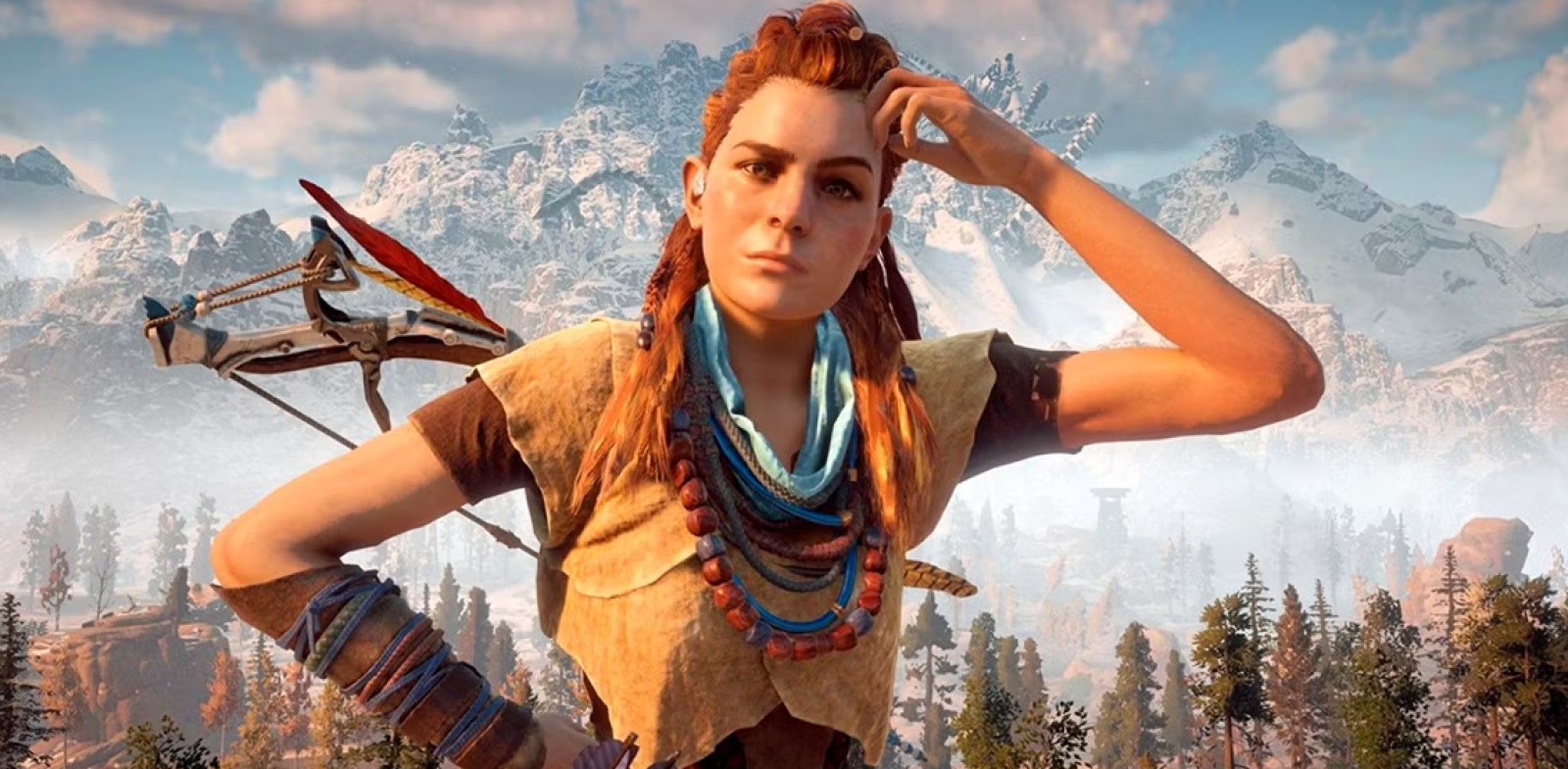Horizon's price changes show why consoles are pushing for no discs

Photo: PlayStation

PlayStation recently launched a remaster of 2017’s Horizon Zero Dawn for PS5 and PC.
As part of a special promotion from Sony, anyone who already owns the original Horizon Zero Dawn can pay a $10 upgrade fee to access the remaster.
Following this news, PlayStation doubled the price of the original base game to $40. Why? So new players who buy the original digitally and then get the upgrade path still have to pay $50 ($40 base plus the $10 upgrade).
This has caused outrage among some players, as Horizon Zero Dawn’s price on PS4 has until now hovered between $10 and $20 since 2020, as shown by PlayStation Store price tracker Plat Prices:
Many consumers are disgruntled at PlayStation for inflating the price of the base game so late after launch to maximise revenues.
Of course, physical versions of Horizon Zero Dawn are still available, and cheaper than the price set by Sony to boot. So players with a disc drive can still get the game for cheaper.
However, not everybody has a disc drive, and PlayStation is actively trying to phase out disc drives with its new hardware choices.
This whole situation is a stark reminder of why platform holders are charging towards the all-digital future: they want to control prices and – sometimes – availability to maximise those revenues.
Look no further than the PC market to see this kind of control in action. PlayStation chose to replace the 2020 edition with the new remaster on Steam. Worse, it delisted the PC version of Horizon Zero Dawn from the Epic Game Store:
As there is no physical version on PC, paying the full $50 is now the only way for PC players to pick up the game new.
Console is going that way, too.
Featured Report
India market focus A fandom and AI-forward online population
Online Indian consumers are expected to be early movers. They are high entertainment consumers, AI enthusiasts, and high spenders – especially on fandom. This report explores a population that is an early adopter, format-agnostic, mobile-first audience, with huge growth potential.
Find out more…Console is naturally edging towards all-digital, but platform holders are streamlining things
Whether this is price gouging or simply a company leveraging new demand depends on who you ask. Either way, platform holder decisions like launching the $700 PS5 Pro without a disc drive are certainly nudging consumers and the market further towards digital.
While an analogue revival is happening across the wider cultural and entertainment ecosystem, the comparatively younger console games market is on a different trajectory, away from physical media.
The PC and especially mobile markets are essentially fully digital at this point. Console is almost there, driven by:
- Multi-game subscriptions like Xbox Game Pass and PlayStation Plus, which 15% of console gamers pay for monthly (MIDiA Research Q2 2024 Consumer Survey), offer gamers a digital library of games for a monthly payment
- Free-to-play’s rise: Free-to-play games have become the de-facto way console gamers play, a major inflection point that accelerated console gamers’ move from physical to digital over the past 15 years
- Consumer perks: Platform holders push consumers to digital versions via perks, including exclusive cosmetics, the ability to pre-load a game so it is instantly ready to play at launch, or even early access
- Discless consoles like the Xbox Series S, PS5 Digital, and PS5 Pro
Nowadays, the majority of console purchases are digital. Some releases, like Alan Wake 2 and Hi-Fi Rush, even launched without a disc version.
Other ‘’physical’’ versions of console games, like Black Myth Wukong, are more of a physical fallacy. They are simply a box with a digital code inside – for all intents and purposes, digital with extra plastic thrown in.
Consumers are losing control of their libraries
One unique value proposition of physical games is the preowned and rental markets, which give players more ownership and choice with their libraries.
But more control for the consumer means less control for the platform holder. After all, a physical game can be sold on the reseller market 100 times or rented 100 times, but the publisher and platform holder only capture revenues from that first sale.
Price in the physical games market is more elastic than digital, more beholden to supply and demand.
This is why (pre-owned) physical games are usually cheaper than those on PlayStation’s and Xbox’s digital stores.
In today’s challenging macroeconomic environment, it is a disadvantage for consumers to lose their ability to resell games they are finished with (to recoup some of the costs).
Nevertheless, as growth becomes more challenging in the games market, publishers are seeking to be more efficient, cutting costs and maximising revenue.
Taking the reseller market out of the equation puts more money in the pockets of PlayStation and Xbox.
In Horizon Zero Dawn’s case, a consumer could pick up the original for $15 on eBay and upgrade to the new remaster for $10, costing the consumer $25 overall. That’s half what PlayStation is charging on its digital store – for the same game.
It’s clear why platform holders like PlayStation are pushing discless consoles and offering more perks for digital software spending.
Remasters of older games are clearly a big part of PlayStation’s playbook moving forward. Not having to consider physical markets would maximise revenue per user and make sales easier to forecast.
What about collector’s editions?
Collector’s editions have been the last bastion for physical games, but even that is changing. Some collector’s editions these days – including Spider-Man 2 and the upcoming Dragon Age: The Veilguard – don’t even include the game.
Other publishers are commandeering these collector’s editions as a means to charge extra for early access. Even physical collector’s editions are going the way of the dodo.
To stick with the bird-related metaphors, another canary in the coal mine is brick-and-mortar stores:
- The UK’s main physical game store, GAME, no longer accepts game trade-ins
- Game-focused reseller CEX is downsizing
- Walmart is removing physical games from its inventory
- The UK’s biggest supermarket chain, Tesco, also no longer stocks games
- Goodwill in the US is discontinuing games, and Best Buy is doing the same for physical media across the board
One thing is clear: We are moving ever closer to console’s all-digital future, much to the joy of console’s biggest platform holders. It will also transfer a small portion of revenue away from the third-party-reseller market (individuals and reseller companies) towards game publishers.

There are comments on this post join the discussion.